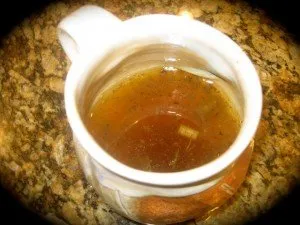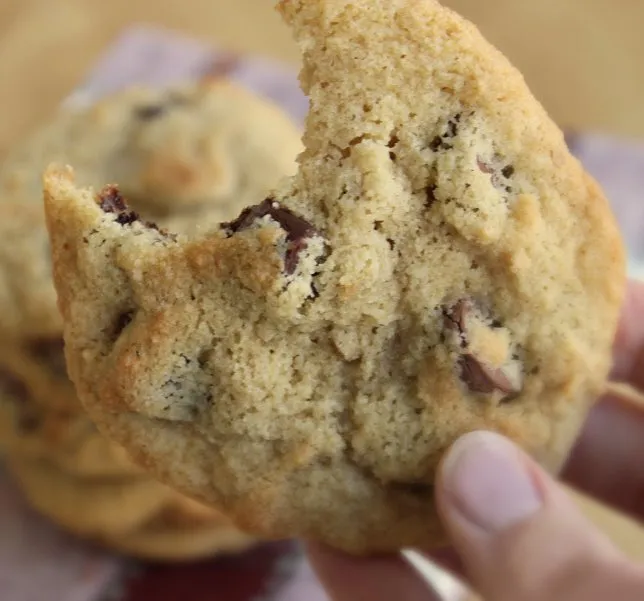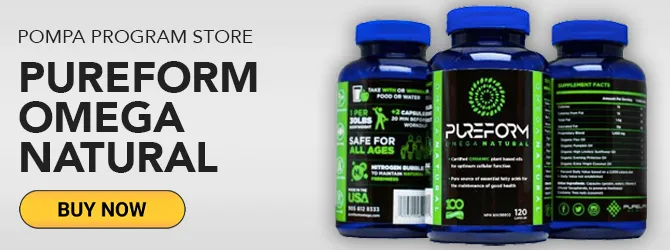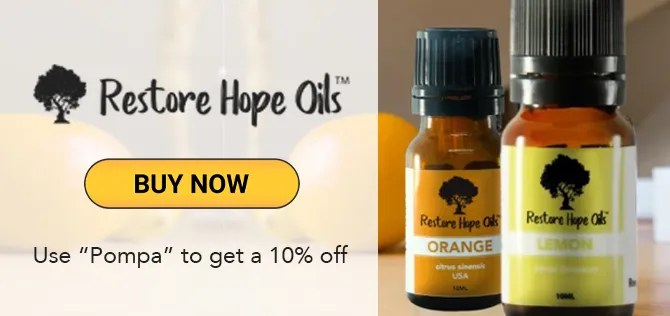Bone Broth Fast and Bone Stock Recipe
An Ancient Healing Tool
Throughout history, nearly every civilization has been consuming bone broth for a variety of reasons. There are records of bone broth being used for health purposes as early as ancient Egypt. They are rich in valuable vitamins and minerals like calcium, phosphorous, and magnesium, and it provides them in their most base form so that they can be easily recognized and absorbed by our bodies. It is also a great source of collagen. Collagen is the base material of our cells, and integral to cellular regeneration and healing. This collagen will also help outside your body, as collagen can improve the appearance of your skin and help reduce cellulite. Bone broth is easy to digest, so it’s perfect for people with sensitive stomachs, or conditions like celiac disease. Not only is it easily digested, but it will actually help to heal the gut. It also supports joint, muscle, and bone health. Bone broths are versatile; you can drink them by themselves as a hot soup, or you can use them as a healthy base for some of your favorite meals. hey are easy to prepare – although the process is lengthy, once you have your bones, you just leave them in your crock pot. You can make them using different kinds of bones; everything from beef bones full of marrow, to the remains of a roast chicken, to fish bones. If possible, it is important to use bones from free-range, grass feed animals, as those will be the healthiest. Also, homemade stocks will taste much better than the ones you can buy at the store, and they are a fraction of the cost.
Bone broth, or beef stock, has been such an amazing tool for the many severely sick and sensitive people that I coach back to health. Most, if not all, of the very sick have gut issues that compromise their healing. Detox plays a significant role in their care, but becomes nearly impossible when the gut is compromised. “Leaky gut” is a term that almost everyone has heard, but they most likely are not sure what it means or if it applies to them.
There are channels known as “tight junctions” that make up the gut wall. These junctions are what become inflamed and cause undigested proteins to leak across the gut wall and cause the immune system to create inflammation throughout the body. This is leaky gut. It is estimated that most Americans have this problem to some degree or another, however the very sick and sensitive have a gut that resembles Swiss cheese. Everything they eat becomes an irritant and drives inflammation throughout the body.
Beef stock is one of the first tools I utilize for these difficult cases not only to fix the gut, but to bring much needed nutrition to a depleted body. Most are allergic or intolerant to almost everything they are eating and do not connect their exacerbation of symptoms with food. Beef stock remains one of the only super foods that even the most sensitive will not have a reaction to. The Type II collagen in beef stock also works wonders for the inflamed, leaky gut, which will bring some immediate relief and less sensitivity.
Even most of the supposed “healthy foods” that people are eating are driving inflammation, not only in their gut, but also throughout their body. In fact, every cell in their body is being affected. This not only impacts cellular function and therefore many of the unwanted symptoms they are experiencing, but it is also affecting the way their DNA expresses itself.
This is called epigenetics, meaning “above the gene” or “more important than the gene.” Genetics is not based on what you get from your parents as much as it is what genes are turned on or off. The good news is that your DNA is not your destiny. Inflammation, toxins, and other environmental stressors common in those with a compromised gut can turn on bad genes that express unwanted symptoms or diseases. Conversely, there are specific nutrients and even certain bacteria more common in someone with good gut health that can turn off bad gene expression. Currently, gene expression is at the forefront of medical research, especially in the area of gut heath and bacteria.
New science confirms that the good bacteria in our gut can actually turn on certain genes that help regulate inflammation. In other words, if you don’t posses these bacteria in your gut, your own immune system will create inflammation that will be untreatable. Simply put, you will have hormone problems, pain, or other unwanted symptoms that do not respond to the same treatments that most people swear by.
Many of my protocols utilize fermented whey water that will add very unique bacteria to the gut that you can’t find in a pill or powder. I know probiotics are very popular today, partly because of the massive increase in gut problems, but the truth is that probiotics do very little to fix leaky gut and the severe gut problems that I see so often. Whey water and other fermented foods not only have trillions of bacteria compared to the billions in the best probiotics on the market, but they contain unique bacteria that I believe we have yet to discover. More and more research is finding that the impact that many of these bacteria have on our health is far greater than we ever thought. Because it can change gene expression and how our cells communicate with hormones, the lack of certain bacteria can lead to weight gain, and worse yet, the inability to lose weight, despite what you eat or how much you work out.
Whey water has many other qualities that make it another incredible tool for healing. As a matter of fact, whey water is historically known as “healing water.” It received this nickname from the Father of Medicine himself, Hippocrates. Whey water has a profound effect on three main detox pathways: the liver, the kidneys, and the gut, which is a part of the reason it received its notoriety in healing. However, I believe it is its affect at the cellular level that gives it its nickname, “healing water.” The perfect ratio of sodium and potassium resets the most basic way a cell moves toxins out of the cell and nutrients in.
As Seen on Above Video: Begin a simple 3 Day Cleanse for True Detoxification and Weight Loss.
Let me give you an idea of how I use these amazing tools to help so many people. For the very sick and sensitive, I utilize a combination of beef stock and whey water (the whey water is called SueroGold from a company called Beyond Organic). A 4-day intermittent fast utilizing only beef stock starves down all gut bacteria, good and bad. Following the 4-days, we re-inoculate with good bacteria found in the whey water (SueroGold). This is accomplished in another 3-4 days with a combination of whey water and beef stock only. Six SueroGold per day are to be consumed, as well as drinking as much beef stock as possible.
For many reading this article who simply want to take their health to the next level or perhaps to lose weight, I suggest doing an intermittent fast/cleanse for 3-4 days utilizing the SueroGold whey water only (6 bottles a day). After the 3-4 days, continue to drink at least one bottle of whey water/day and consume beef stock daily for one month. Watch what happens to your health!
To do a 4-day broth fast using a 5-6 quart crockpot:
by Sarica Cernohous, L.Ac., MSTOM, BSBA Naturallylivingtoday.com
- Plan to start your broth with 2-3 marrow, feet, neck, or shank bones, and a piece of organ meat, such as liver or heart, if you like.
- If you’re using chicken or turkey, choose either whole birds, or cuts such as thighs, backs, drumsticks, and necks that have the skin and bones intact; include the giblets if they’re available. You can also use the carcass from a roasted bird.
- For fish, include the entire head and all the bones.
Add to this:
- Purified water, 3-4 quarts
- Celtic Sea Salt, 2-4 tablespoons (best to start low and adjust flavor as needed after cooking)
- An acid (usually raw apple cider vinegar, organic balsamic vinegar, naturally fermented, unseasoned rice vinegar)
- A chopped onion (Attention: If you are doing a Microbiom reset or Small Intestine Baterial Overgrowth (SIBO) Fast do not add onion)
- You might also add a little bit of seaweed: a couple of pieces of dulse or kombu, a sheet of nori, 4-5 pieces of wakame – any of these choices is fine. Doing so will increase the iodine composition of the broth, an important nutrient missing from the diets of those who don’t consume a lot of seafood and who use natural sea salts that are not commercially-iodized. Personally, I like the flavor of the dulse the best – it doesn’t lend a “Chicken of the Sea” profile to the broth, yet is still full of trace minerals.
Place everything into a cool crock-pot, and set it for a 4-hour cook time. Fill the pot with enough water to leave only about 1.5″ of space at the top, and cover with the lid. At the end of the 4-hour setting, it will kick into the “keep warm” setting, where it will stay until you direct it otherwise (use a meat thermometer to insure that your lowest setting is at least 180 degrees Fahrenheit.) Allow the ingredients to all cook together for at least 14 hours, preferably 20 or 24.
After this 24-hour cooking cycle, plan to remove any meaty bits, which you can set in the freezer to consume after your fast.
Pour yourself steaming mugs of broth to consume throughout this first full day of your fast. If you find the broth is too oily, ladle most of it from the crockpot into glass jars to cool in the refrigerator. This will cause the fat to congeal at the top of the broth. Simply remove this disc of fat, then pour your broth back into the crockpot, and set the temperature to a 4-hour setting, with the bones in the broth. (Don’t throw this fat away, though! It’s an excellent medium for sautéing vegetables once you’re done with your fast. Store it in a glass jar in your refrigerator for up to a week.) The broth will re-heat quickly, and the pot will shift to the “Keep Warm” setting following this re-heat.
Each day, you should be consuming 3-4 quarts of broth. Since you’re going to be adding so much fresh hot water to the pot to bring it back up to its original level, you will be removing many of the fats and proteins that otherwise would have overcooked in this continual process.
For each successive day:
- Bring the level of liquid back up to the original amount with fresh, boiling water each time you pull a mug from it
- Add a little Celtic Sea Salt, to taste
- Add a splash of vinegar if you like, to continue to demineralize the bone
- Add a sprinkle of seaweed from time-to-time, to keep the iodine and other trace minerals up in the broth
- Keep the crockpot on the “Keep Warm” setting
After Day Two of the fast, you should consider adding a fresh bone or two, to keep the broth rich in gelatin and some fats. Do this just before bed at the end of Day Two, so that it will be ready for you on the morning of Day Three. When adding the bone(s), push the heat up to the 6-hour setting, before allowing it to settle into the “Keep Warm” setting once again.
In most cases unless an individual is super sensitive to all foods we are able to transition them from a bone broth fast to a whey water fast using 6 Suero Gold a day for 4 more days.











